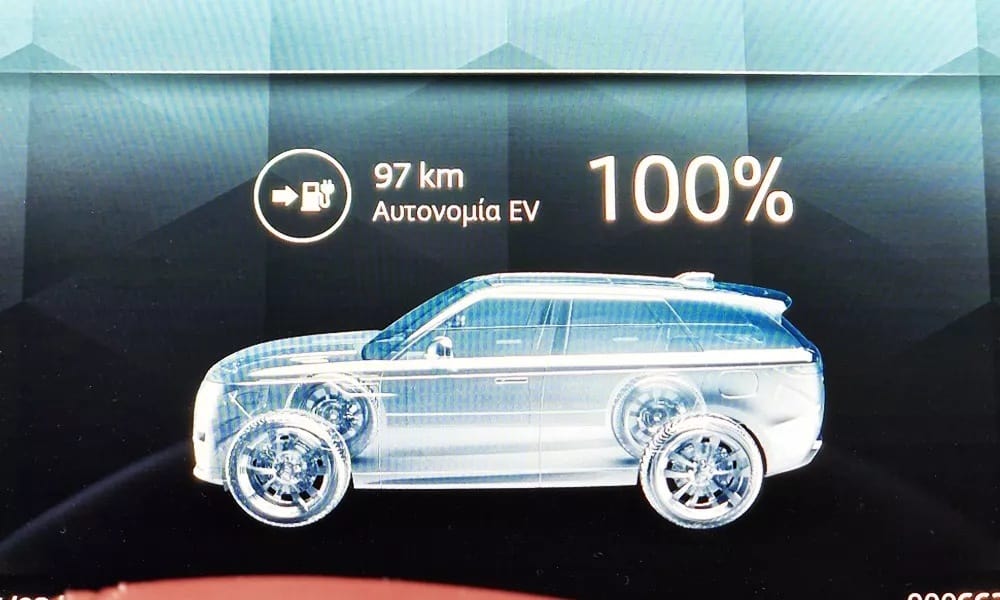The irrationality of governments and the disorderly and impulsive actions under the pressure of the climate crisis creates an explosive cocktail with the ultimate victims of all of us…
The penetration of electric cars - mainly passenger vehicles - into the fleet of the countries of the European Union, where in the northern part already more than 50% of the cars sold are electric, and continues to rise at a rapid pace.
The percentages in the central and southern regions drop to 25% and below 15% respectively. Greece is leading the way with the subsidy program that has been running for about three years.
It has increased the percentage of electric cars sold to almost 17%, proving that the Greeks are ready to buy an electric car with the corresponding financial and tax assistance.
Everything shows that we are well on our way to the long-awaited "green transition", at least in our transportation - and at a fast pace. Automakers are investing tens of billions each to develop better and more driver-friendly (more extended range, etc.) electric vehicles. Dealers spend on equipment and training to be ready, while energy providers invest considerable sums to put as many chargers as possible across the road network.
In this chain effort, however, the black sheep is holding everything back: the states themselves, which, while pushing for all of the above, cannot cope with the new data they impose. The reason is mainly for the electricity transmission network and how it will be produced and end up - in the required demand - in the fast chargers installed by the providers and in the cars consumers buy.
In Greece, power transfer requests to fast-charging units are met at a snail's pace. An executive recently told me of the automotive industry in our country and that they are ready to invest in constructing a sizeable fast charging station for all-electric vehicles. However, he still has not even received an answer as to when this station will be able to be supplied with the required electricity so that the chargers of 250 kW provide the amount of current for which they are built and the drivers fill faster.
In short, demanding and enforcing states cannot meet the demands from those they require…
This is where nuclear energy comes into the discussion since more than traditional RES (solar, wind, etc.) may be needed to meet this surging demand.
Nuclear power, once a controversial issue, is emerging as a compelling solution due to its significant power generation capacity. Modern nuclear reactors, especially the third generation, have advanced safety features and scalability. These reactors can produce critical fission with minimal fuel, making them a promising option for widespread deployment.
However, adopting nuclear energy faces significant challenges, mainly from public sentiment.
Furthermore, the transition to electric vehicles is one of many challenges. Rising global temperatures are leading to increased energy demands for heating and air conditioning, making the need for a robust carbon-free energy solution even more pressing.
Nuclear power is a viable, nearly carbon-free alternative that can provide energy without emitting harmful greenhouse gases.
But the problem was and remains that it is a potentially dangerous method, which, despite the giant steps it has taken, still cannot convince that it is worth the risk.
In short, the states lead us backwards to find the present… the future.
Taki Trakouselli for News Auto.
READ MORE: Norse Atlantic Airways to Connect Athens and New York.


